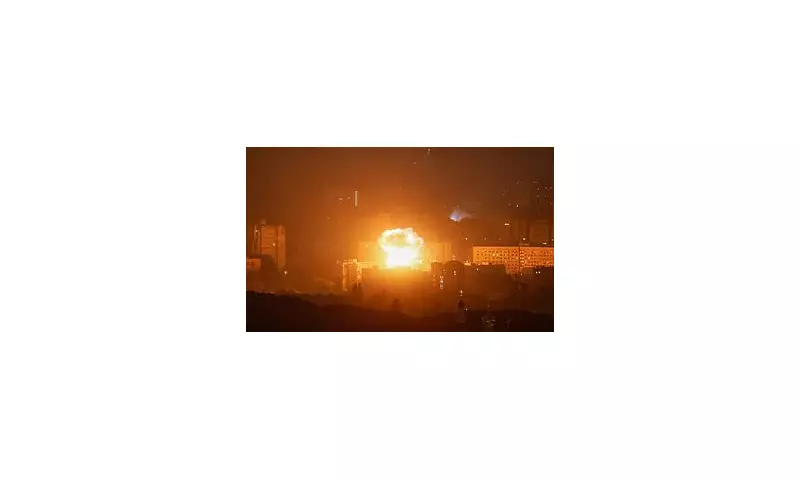
In a dramatic escalation of geopolitical rhetoric, Moscow has declared that the era of Cold War tensions has erupted into what it describes as a "fiery conflict" with Western powers. The stark warning came from Deputy Foreign Minister Sergei Ryabkov, signalling a dangerous new phase in international relations.
From Frost to Fire: Russia's Grave Accusation
Ryabkov minced no words in his assessment, stating unequivocally that the West had initiated this dangerous new chapter. "The confrontation has begun," he declared, painting a picture of relations that have moved beyond mere diplomatic frost to active military engagement.
The senior diplomat pointed to NATO's increasing involvement in Ukraine as the primary catalyst, accusing the alliance of crossing Moscow's "red lines" and effectively declaring war through proxy means.
NATO's 'Existential Threat' to Russia
According to Ryabkov, the Western military alliance's actions represent nothing short of an existential challenge to Russian security. He emphasised that Moscow now views the situation as an active conflict rather than a political disagreement.
"We are no longer talking about competition or rivalry," the deputy minister stated. "This is a direct confrontation that threatens regional and global stability."
Military Buildup and Preparedness
The declaration comes amid reports of significant Russian military movements and preparedness exercises. Moscow appears to be positioning itself for what it perceives as an inevitable escalation of hostilities.
Western intelligence sources have noted increased activity at Russian military bases and along border regions with NATO member states, though officials remain cautious about interpreting these movements.
International Reaction and Concerns
European capitals have responded with concern to Moscow's inflammatory language. Diplomatic sources indicate that emergency meetings are being convened to assess the situation and coordinate responses.
Security analysts warn that this rhetoric represents the most serious deterioration in East-West relations since the Cuban Missile Crisis, with potential implications for global security architecture.
The Path Forward: Diplomacy or Conflict?
Despite the alarming language, some diplomatic channels remain open. However, Ryabkov's statements suggest Moscow sees little room for negotiation under current circumstances.
The international community now faces critical questions about how to de-escalate the situation while maintaining security commitments to allied nations.





